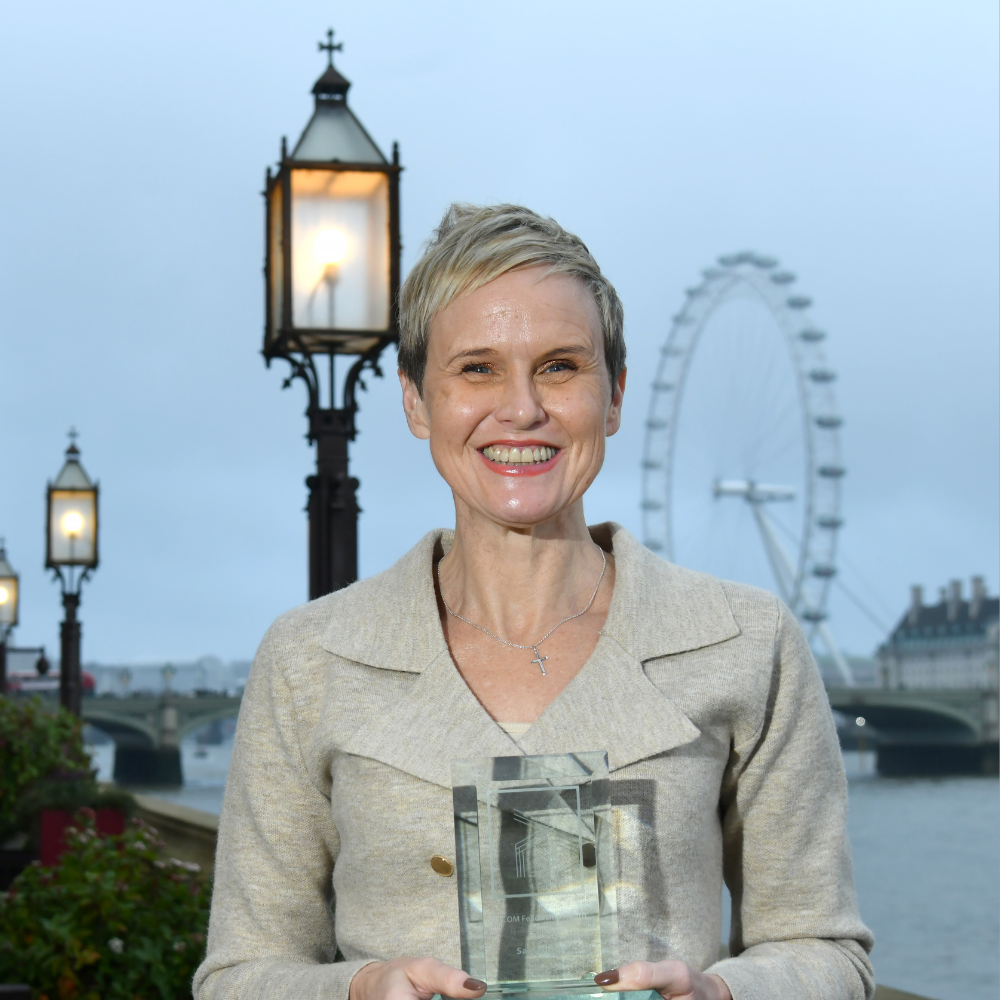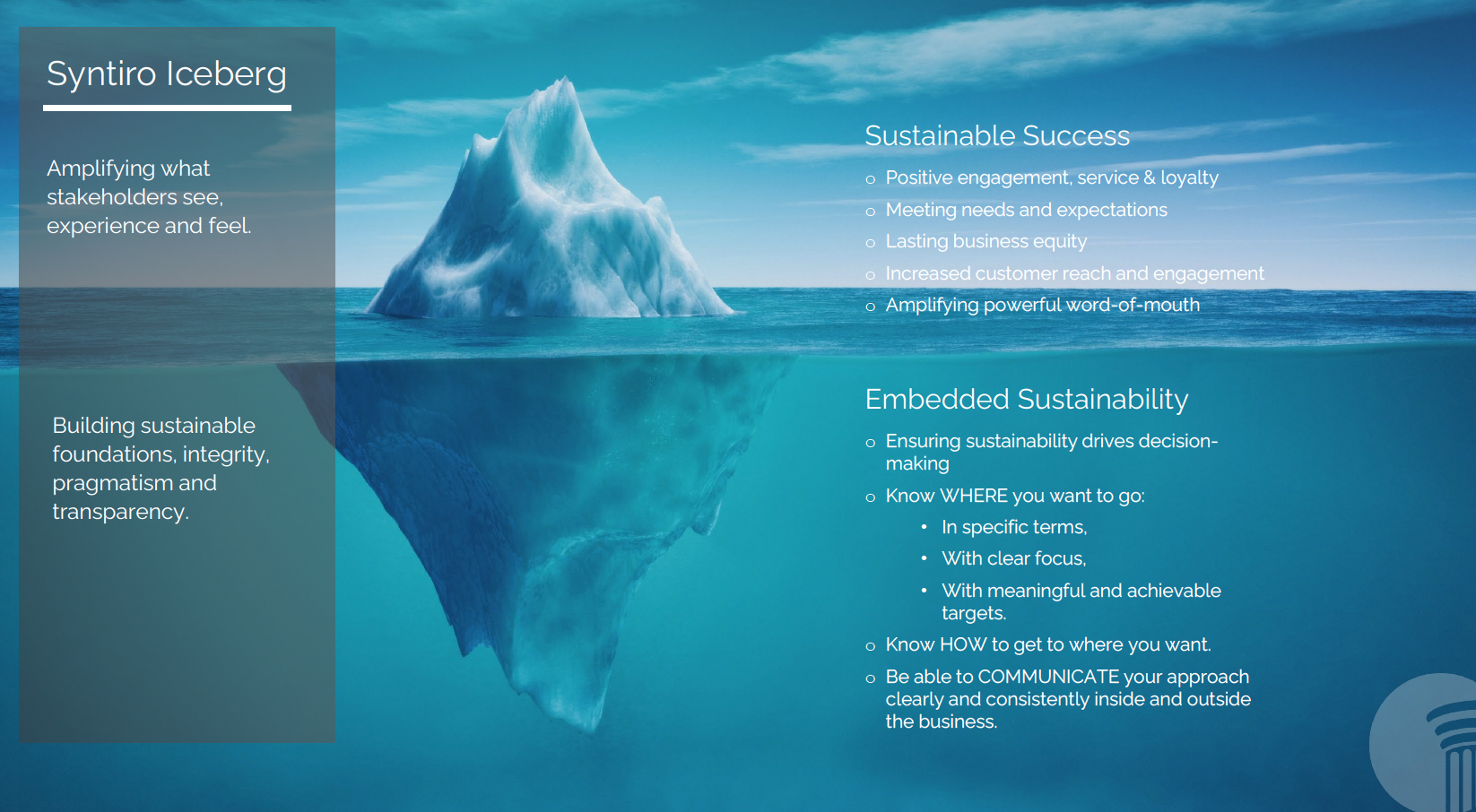
Sustainability is often complex and rarely easy. But not only is it essential for a more hopeful future, it’s a strong driver for long-term value.
People want to work for companies with a purpose and clients are increasingly looking for partners and suppliers to help them meet their goals – they also prefer working with companies who share their values and walk the walk.
However, there are frequently challenges and obstacles on the path of sustainable business and recently headwinds have perhaps become stronger.
For some companies this has thrown their work on sustainability into uncertainty. Others have clarity on their purpose, direction, the impact they can have and the value they can pursue.
Without generalising too much, the difference between clarity and confusion is typically strategy – having a considered, integrated approach with a plan for execution and the information you will share to demonstrate progress.
Strategies should be unique to every company – after all it’s your plan for success – but the best have some common elements; understanding on your strategic context, clarity and priorities on risks and opportunities (materiality) a shared understanding of what you want to achieve (vision & purpose) and how fast you are going to move (ambition). Collectively, as the Syntiro Iceberg illustrates, this provides clarity on direction, focus and speed. The next key step is to develop long-term targets that allow you to manage and report your progress. Following best practice and established, recognised, standards is key to this, and we often support companies to achieve internally recognised standards, such as a range of ISO certifications (those that have been assessed as being most important for you) and B Corp.
I’m often asked, ‘where can creatives add most value?’ The answer is, no surprise, ‘it depends!’. But you can answer this if you have clarity on your strategic context and why sustainability matters for your company – and which aspects matter the most. The answer is sometimes surprising, its not uncommon for 20-50% of revenue to be tied to sustainability performance. While much of this is driven by reducing environmental impacts or making progress on social criteria, the most important component is leveraging the power of creative communication to help change minds and behaviours and positively influence wider ideas and debate. Any company can reduce its risk and impact, but we have this unique creative skill that can be applied across all our projects. It is what sets us apart and makes us a key part of the solution. Having a strategy that incorporates this, and a tool like BOSS that delivers upon it, is therefore not a luxury – but essential.



